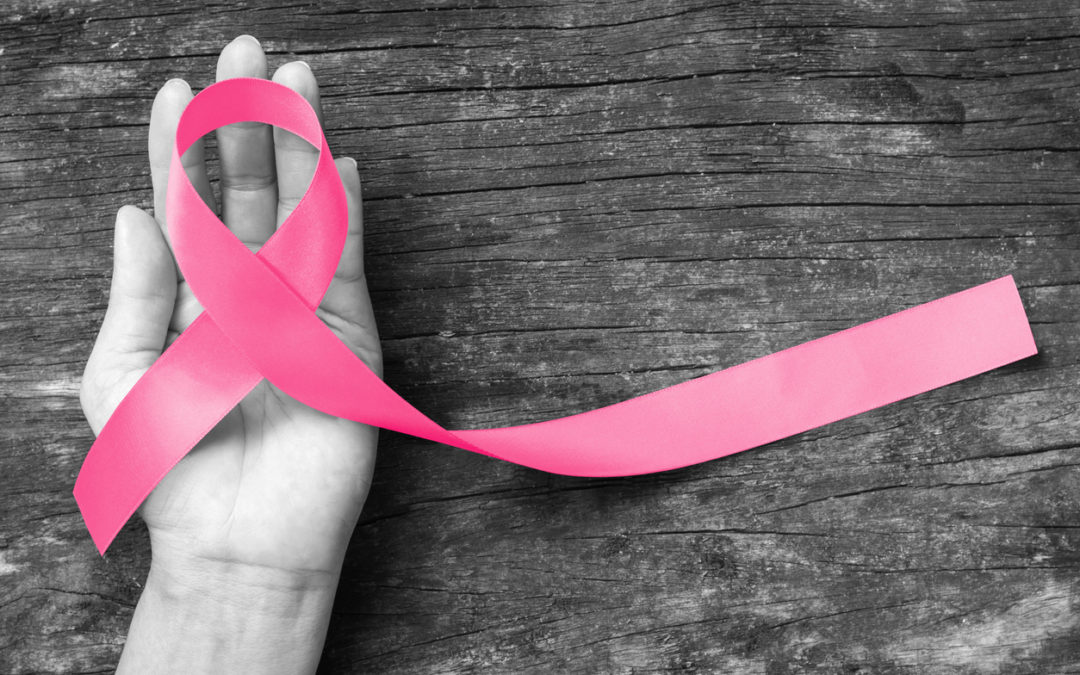Ever since Angelina Jolie shared with the world her BRCA status and her choice to undergo a prophylactic mastectomy, a growing number of women have asked: “Should I have BRCA testing too?” BRCA1 and BRCA2 are the genes that cause the two most common hereditary breast and ovarian cancer syndromes. Currently, the recommendations for genetic testing for BRCA1 and BRCA2 are limited to those with a strong personal and family history of associated cancers or those of particular ethnicities known to be at increased risk to have a mutation. Like people of Ashkenazi (Eastern European) Jewish descent. JScreen, a non-profit community-based public health initiative dedicated to preventing Jewish genetic diseases, is engaged in a study aimed at increasing awareness about and access to BRCA testing for Ashkenazi Jewish people.
The PEACH BRCA Study
The study, referred to as the Program for the Evaluation of Ashkenazi Jewish Cancer Heritability (PEACH) BRCA study, is looking at hereditary breast and ovarian cancer risk specifically caused by a BRCA1 or BRCA2 mutation. The study is focused on the Jewish population because individuals of Ashkenazi Jewish background are at 10x greater risk to have a BRCA mutation than the general population. This is significant, as having a BRCA mutation increases the lifetime risk for breast cancer up to ~70% and ovarian cancer risk to as high as 44% with BRCA1 and 17% with BRCA2. This is compared to just a 1.3% risk for ovarian cancer in women without a mutation.
The purpose of the PEACH study is to evaluate the utility of a BRCA education and screening program for men and women with Ashkenazi Jewish background who did NOT meet National Comprehensive Cancer Network (NCCN) guidelines at the time the study was initiated. NCCN is an alliance of leading cancer centers devoted to patient care, research, and education who publish guidelines on best practices for genetic testing and medical management of hereditary cancer syndromes. To be considered for the study, participants have to meet all of the following criteria:
- Have at least one Ashkenazi Jewish grandparent
- Are at least 25 years old
- Reside in the metro-Atlanta area
- Have not had BRCA testing in the past
- No personal or close significant family history of BRCA-related cancers or a BRCA mutation
In the PEACH study, genetic testing is done via gene sequencing, meaning that it looks at hundreds of disease-causing or pathogenic mutations across the entire length of both genes. This is considered diagnostic testing and is more comprehensive than at-home genetic testing for BRCA. All individuals tested receive their results and post-test genetic counseling over the phone by a certified genetic counselor. Testing is free of charge for all those enrolled. The study hopes to enroll 500 participants before July 2020.
How Does this Relate To PGT?
Individuals who are found to have a BRCA1 or BRCA2 mutation have a 50% chance to pass it and it’s associated cancer risks along to each child. This risk is the same whether it is the mother or the father that carries the mutation. IVF with PGT, however, allows individuals to start or grow their family without the concern that their children will inherit BRCA by selecting only embryos that do not have the familial mutation. Genetic counselors at the PEACH BRCA Study mention PGT as a reproductive option to everyone that tests positive for a mutation.
The Sharing Healthy Genes Resources page may be a helpful place to start for anyone wanting to learn more about this option.
Future Directions
The PEACH BRCA Study wants to shed light on the true BRCA mutation rate for people with Ashkenazi Jewish ancestry. Current sources suggest that risk is 1 in 40 (compared to 1 in 500 in the general population). But those studies have mostly concentrated on people who meet genetic testing criteria, meaning those who are already at higher risk. This study hopes to get a better sense of what this number truly is for all individuals of Ashkenazi Jewish descent, whether or not they have a family history of BRCA-related cancers. The study is also addressing issues of scalability with the hopes of expanding a program like this nationwide. Finally, through post-test genetic counseling, the study wants to ensure people who have a mutation understand all of their prevention, treatment, and reproductive options including IVF with PGT.
To learn more about The PEACH BRCA Study, check out their brochure.

Jessica Greenwood is an independent consultant to Sharing Health Genes. As a licensed genetic counselor and digital health consultant, she works with health-related organizations looking to deliver memorable messages of health in the digital space. Mrs. Greenwood started her career in a clinical role, working for eight years as a preconception and prenatal genetic counselor before transitioning to industry. Mrs. Greenwood completed a year-long certificate program in Digital Health Communication at Tufts University that spearheaded her work in digital health. She now consults with health-related organizations, assisting with the creation and execution of a digital strategy including the development of health literate patient-centered educational materials. Mrs. Greenwood earned a Bachelor of Science degree from North Carolina State University with a minor in Genetics and a Master of Science in Genetic Counseling from the University of North Carolina at Greensboro.
